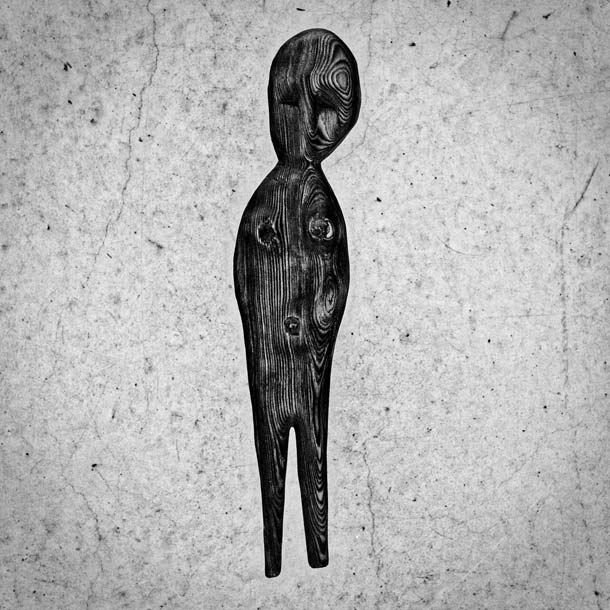PEQUOD, Ex-

Vengono dal Trentino, sono in quattro: Antonio Bertoni al doppio basso, Federico Robol al flauto basso e sax soprano, Luca Santini alla cornetta e Massimo Valentinotti alla chitarra preparata. Vantano passate collaborazioni con Enrico Malatesta e Seijiro Murayama, tra gli altri. Sono arrivati al terzo album, il primo per la giovane – intendo in termini di pubblicazioni – Kohlhaas (Giovanni Lami, Metzengerstein, lo split Dead Neanderthals/Kuru in catalogo). Siamo in campo impro-acoustic e ci troviamo di fronte a quattro variazioni sul tema: pensate a una sorta di rumoroso silenzio, a un free-noise – che flirta in maniera velata pure con il free-jazz più arcigno – al quale si cerca di dare comunque un minimo di labile confine (la quarta traccia è un po’ meno ottundente). Giusto per fare un esempio: immaginate un Weasel Walter (The Flying Luttenbachers) che, su spesse corde di basso e percussioni metalliche, prova a realizzare una “sinfonia dall’ordine impossibile”. Il disco in fin dei conti somiglia a un monolito che si anima e si contorce, queste musiche sanno di sofferenza e di violente distorsioni al limite del sadico. Da non sottovalutare il lavoro di mastering di Giuseppe Ielasi, che dà il giusto timbro, la necessaria cromatura a queste note d’acciaio e molto poco melodiche, racchiuse in formato 12’’. Naturalmente si tratta di un lavoro più che ostico, e affascinante.
